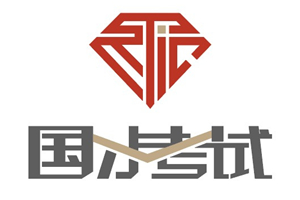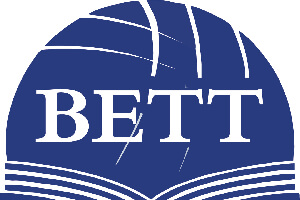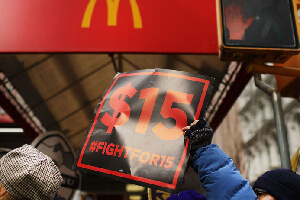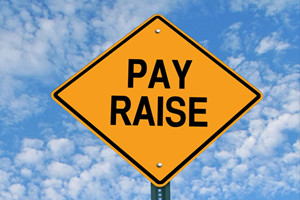Foreign Currency Liberalization
So, what does the IMF mean by foreign currency liberalization?
Well, it’s simple. It means making foreign exchange available to everybody at the same exchange rate. In most countries, that isn’t an issue. If I want to travel to Germany, here in the U.S., I just go to a bank and buy Euros, and no questions asked, and the exchange rate is the same wherever I go. But in some countries, they restrict the access to foreign currency. Only select people can buy U.S. Dollars or Euros, and only up to a certain limit and for certain transactions.
What’s the result?
A parallel, a black market, emerges. Those lucky enough to have foreign currency like exporters, tourism operators, or people receiving remittances, they sell it at a premium to people who don’t have access to the official market. And this parallel market rate can be twice as high as the official exchange rate.
Now, this is a terrible system. It gives an unfair advantage to people who are connected and who have access to the cheaper official exchange rate. For example, if I can buy a kilo of rice at, say, 50 and everybody else has to pay 100, I can corner the market. More generally, it saps the energy from the economy. Everybody has only one thing on their mind: How can I buy foreign currency cheaply and sell it more expensively? Exploit the arbitrage, as we say as economists.
There’s little incentive to invest, let alone in export-generating activities that have to surrender their foreign currency at the official exchange rate.
Countries have had such systems. For example, the former Soviet Union, or in some countries in Africa, they eventually all abandoned them. And this is why the IMF recommends abolishing such restrictions. After all, our mandate is to promote sustainable growth and prosperity. And by the way, the members of the IMF, all members, pledged to not impose restrictions on buying foreign currency for so-called current transactions, by which we mean imported goods and services. So no wonder that the IMF opposes them.
So, what drives this black market, or parallel market, exchange rate?
Well, unlike the official exchange rate, the parallel exchange rate is driven by market forces. The scarcer the foreign currency and tighter the restrictions, the bigger is the difference to the official exchange rate. If the central bank prints more domestic currency, demand in the parallel market goes up and the exchange rate weakens. But if there were a sudden inflow of foreign currency, the parallel market rate strengthens. Sometimes just the news of some possible inflow is enough to narrow the gap to the official exchange rate.
So, you may ask, wouldn’t foreign currency liberalization drive up the inflation?
Not necessarily. In highly restrictive systems, almost all consumer imports already happen at the more expensive parallel market exchange rate. So prices for imported goods may not change much once the restrictions are lifted. In fact, once the exchange rate is unified and truly market determined, it may well appreciate. Why? Because investments in exports will pick up and the supply of dollars and euros will increase. This will ultimately feed through to lower import prices, and it will get the economy going again.
Putting a lid on inflation, of course, depends on supporting policies. To fight inflation, the central bank should keep interest rates high and abstain from directly funding the budget deficit. And the government should keep a lid on spending. So the bottom line is this: removing foreign currency restrictions is critical for a healthier and fairer economy.















